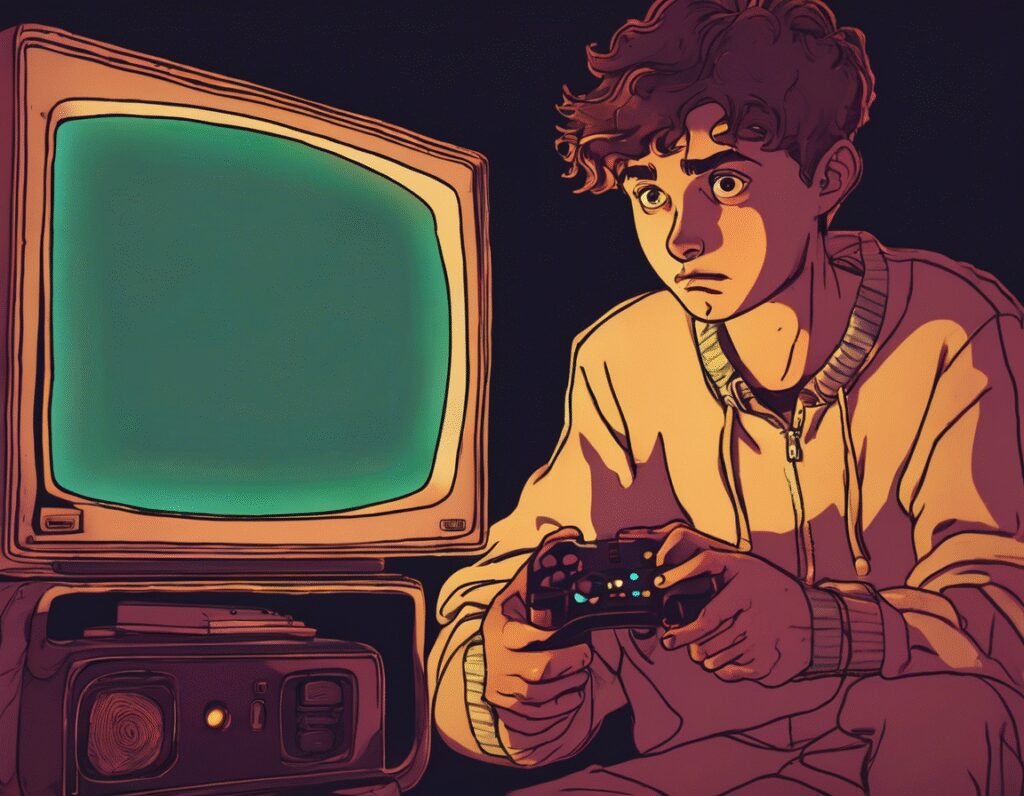The Lost Art of the Fake Video Game Cheat Code
Before the instant verification of the modern internet, gaming secrets existed in a realm of pure mythology. For a generation of players, being fooled by an elaborate fake cheat code was a strange rite of passage. This deception was not delivered by algorithms but passed along through whispered conversations on the schoolyard or meticulously typed out on early web forums.
The process was an exercise in communal hope and shared frustration. A friend would swear their cousin unlocked a secret character in Pokemon Yellow by moving a truck near the S.S. Anne with Strength. Another would passionately detail the dozens of precise steps needed to supposedly resurrect General Leo in Final Fantasy III, a myth so potent it persists decades later. These rituals required real effort: button combinations like down, up, left, right, hold A and B, start were recited like sacred incantations. Players would spend hours, even days, attempting these elaborate sequences, their belief slowly waning with each failed attempt.
The eventual realization that the code was a hoax was not always met with anger. Instead, it often created a bond, a shared experience of collective gullibility that became part of a game’s larger legend. The fakes themselves were folklore, adding layers of mystery to worlds we thought we knew inside and out.
Today, that specific experience is nearly extinct. AI has effectively taken over the role once played by the creative trickster. Large language models can now instantly generate countless plausible-sounding cheat codes, secrets, and tips for any game imaginable. The difference is one of intent and artistry. The old fakes were hand-crafted, often designed to be just believable enough to spread. They were human inventions, sometimes meant to mislead, but often created simply to spark wonder and conversation.
AI-generated codes, by contrast, are manufactured at scale without any understanding of the game’s actual mechanics or community inside jokes. They are synthetic, devoid of the human touch that made the classic hoaxes so charmingly persistent. The modern equivalent is a flood of auto-generated web content and video listicles filled with false information, created for clicks rather than for the love of the game itself.
The magic of the old fake code was not in its function, but in the journey it inspired. It was about the collective suspension of disbelief and the brief, thrilling possibility that a game held deeper, hidden wonders. That sense of mystery is now harder to find, replaced by definitive wikis and data-mined game files that leave no secret uncovered. The AI may be able to generate a thousand fake codes in a second, but it can never replicate the very human experience of hoping, just for a moment, that one of them might be real.

